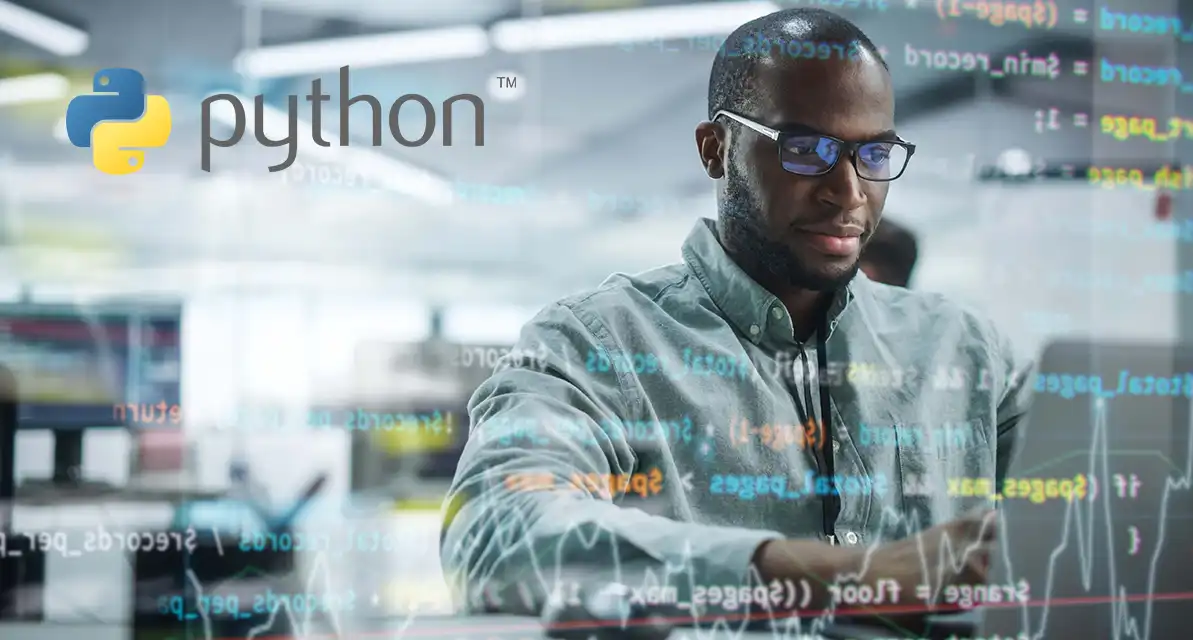- 3-day instructor-led training course
After-course coaching available
- After-course computing sandbox
- End-of-course exam included
-
feb 4 - 6 9:00 - 16:30 CETVirtual
-
Guaranteed to Run - You can rest assured this class will not be canceled. Delivery format is subject to change – please call Customer Service if you have any questions.feb 4 - 6 10:00 - 17:30 CETVirtual
-
Guaranteed to Run - You can rest assured this class will not be canceled. Delivery format is subject to change – please call Customer Service if you have any questions.feb 11 - 13 15:00 - 22:30 CETHerndon, VA or Virtual
-
feb 25 - 27 15:00 - 22:30 CETOttawa or Virtual
-
Guaranteed to Run - You can rest assured this class will not be canceled. Delivery format is subject to change – please call Customer Service if you have any questions.mar 11 - 13 14:00 - 21:30 CETHerndon, VA or Virtual
-
mar 18 - 20 14:00 - 21:30 CETNew York or Virtual
-
mar 25 - 27 9:00 - 16:30 CETStockholm or Virtual
-
mar 25 - 27 10:00 - 17:30 CETLondon or Virtual
-
mar 31 - apr 2 16:00 - 23:30 CESTAustin or Virtual
-
maj 6 - 8 9:00 - 16:30 CESTStockholm or Virtual
-
maj 6 - 8 10:00 - 17:30 CESTLondon or Virtual
-
jun 24 - 26 15:00 - 22:30 CESTOttawa or Virtual
-
jul 1 - 3 9:00 - 16:30 CESTStockholm or Virtual
-
jul 1 - 3 10:00 - 17:30 CESTLondon or Virtual
-
jul 15 - 17 15:00 - 22:30 CESTNew York or Virtual
-
jul 29 - 31 15:00 - 22:30 CESTHerndon, VA or Virtual
-
aug 5 - 7 9:00 - 16:30 CESTStockholm or Virtual
-
aug 5 - 7 10:00 - 17:30 CESTLondon or Virtual
-
aug 19 - 21 16:00 - 23:30 CESTAustin or Virtual
-
sep 16 - 18 9:00 - 16:30 CESTStockholm or Virtual
-
sep 16 - 18 10:00 - 17:30 CESTLondon or Virtual
-
nov 4 - 6 9:00 - 16:30 CETStockholm or Virtual
-
nov 4 - 6 10:00 - 17:30 CETLondon or Virtual
-
dec 16 - 18 9:00 - 16:30 CETStockholm or Virtual
-
dec 16 - 18 10:00 - 17:30 CETLondon or Virtual
Scroll to view additional course dates





